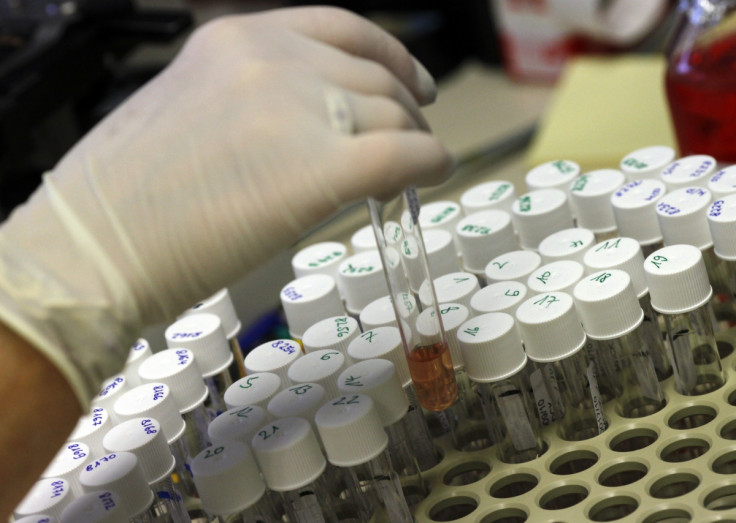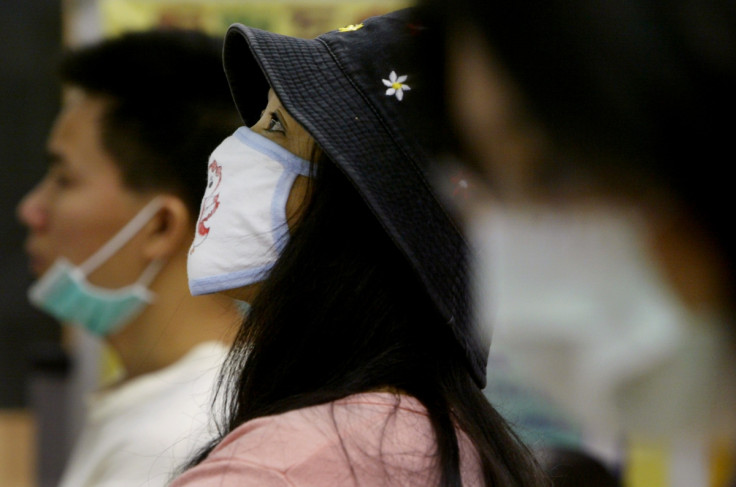Sars Killer Virus Test Tubes Loss 'was Laboratory Malpractice'

The disappearance from a world-renowned Paris laboratory of thousands of test tubes containing parts of the deadly Sars virus was incredible malpractice, experts have said.
They echoed claims by the lab, however, that the missing virus posed no real threat to the public
French authorities opened an investigation after the Pasteur Institute reported the loss of 2,349 vials containing samples that were unsuccessfully used by researchers trying to isolate the virus during the Sars pandemic that killed 774 people in 2002-03.
"If they [attempts to isolate the virus] were all negative, I don't see any risk," Elisa Vicenzi, the head of the viral pathogens and biosafety unit at Milan's San Raffaele Scientific Institute, told IBTimes UK. "If anything, it is an issue of laboratory malpractice."
The loss, described as "incredible and unacceptable" by the general director of the centre was discovered during an annual inventory check in January.
The prestigious institute, named after French chemist Louis Pasteur, launched an internal investigation but came up empty-handed. It then reported the loss to the Agency for the Safety of Health Products.
The general director of the institute, Christian Bréchot, said that officially reporting the loss had been delayed because the contents of the tubes were not dangerous.
"To be honest I could not admit that it was possible to lose so many tubes," Bréchot told IBTimes UK.
Bréchot said that, although highly improbable, foul play could not be ruled out.
"We cannot be sure of what has happened and this is the problem and this is unacceptable," Bréchot said.
Even if the 29 boxes containing the samples were stolen from one of the institute's most secure laboratories, they would be of no use.
"There is nothing to be done with these tubes," Bréchot said. "We are not anxious."
An independent experts' committee tasked by health authorities to assess the risks connected with the missing vials said they had no infectious potential.
Even combining the different fragments contained in the tubes it would be impossible to recreate the virus, Bréchot said.
The internal investigation also revealed that the tubes, which have to be conserved at -80C, thawed out last year when a refrigerator broke down, further reducing the chance of the virus being able to spread.
"Viruses can't be stored at room temperature or low temperature because they lose infectivity," Vicenzi said.
Bréchot suggested that, following the incident, the vials might have been destroyed by a member of staff who forgot to record the procedure.
The P3 laboratory where the tubes were stored has been shut down pending authorities' investigation. A new inventory check and has been ordered.
"We have very good procedures at Pasteur and something like this had never happened but it means we have to work more," he said.

© Copyright IBTimes 2025. All rights reserved.






















